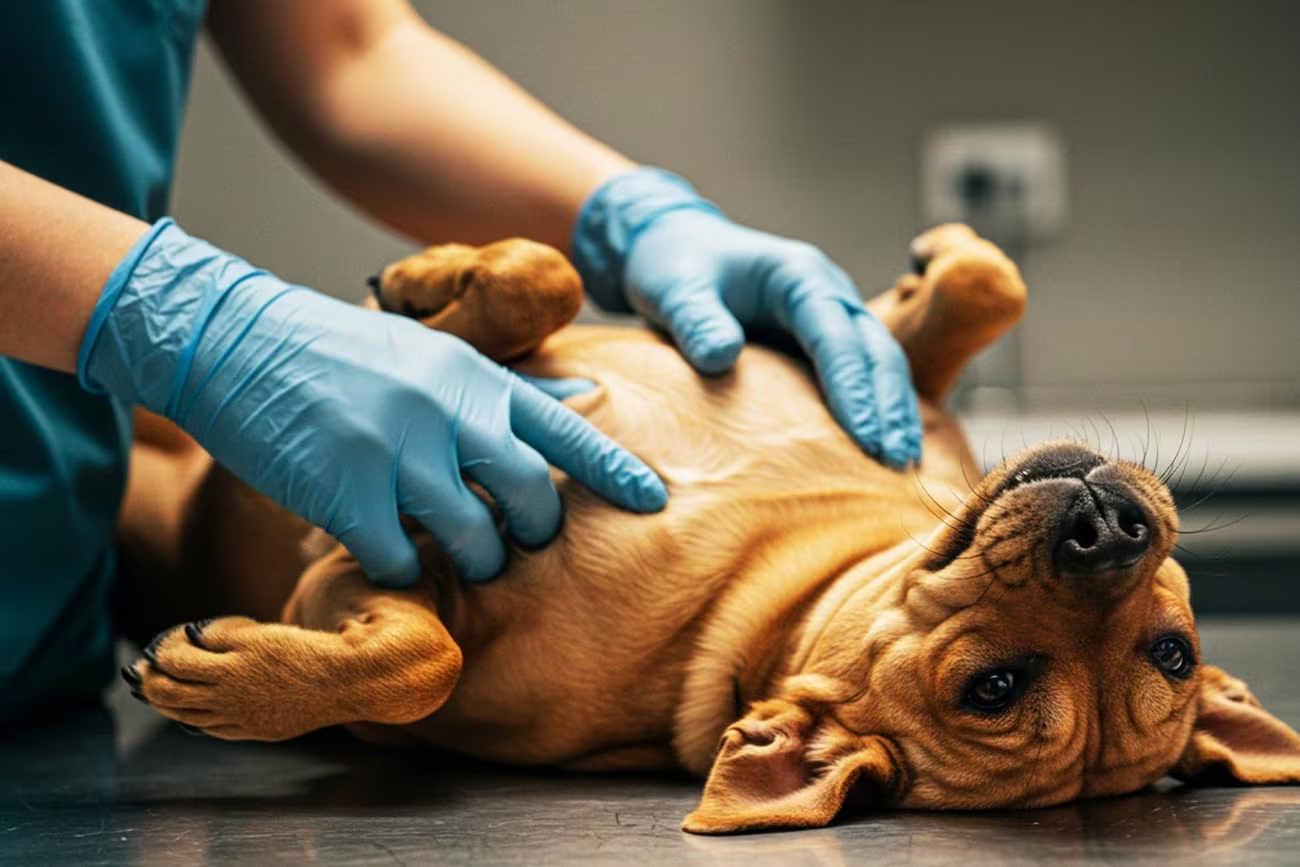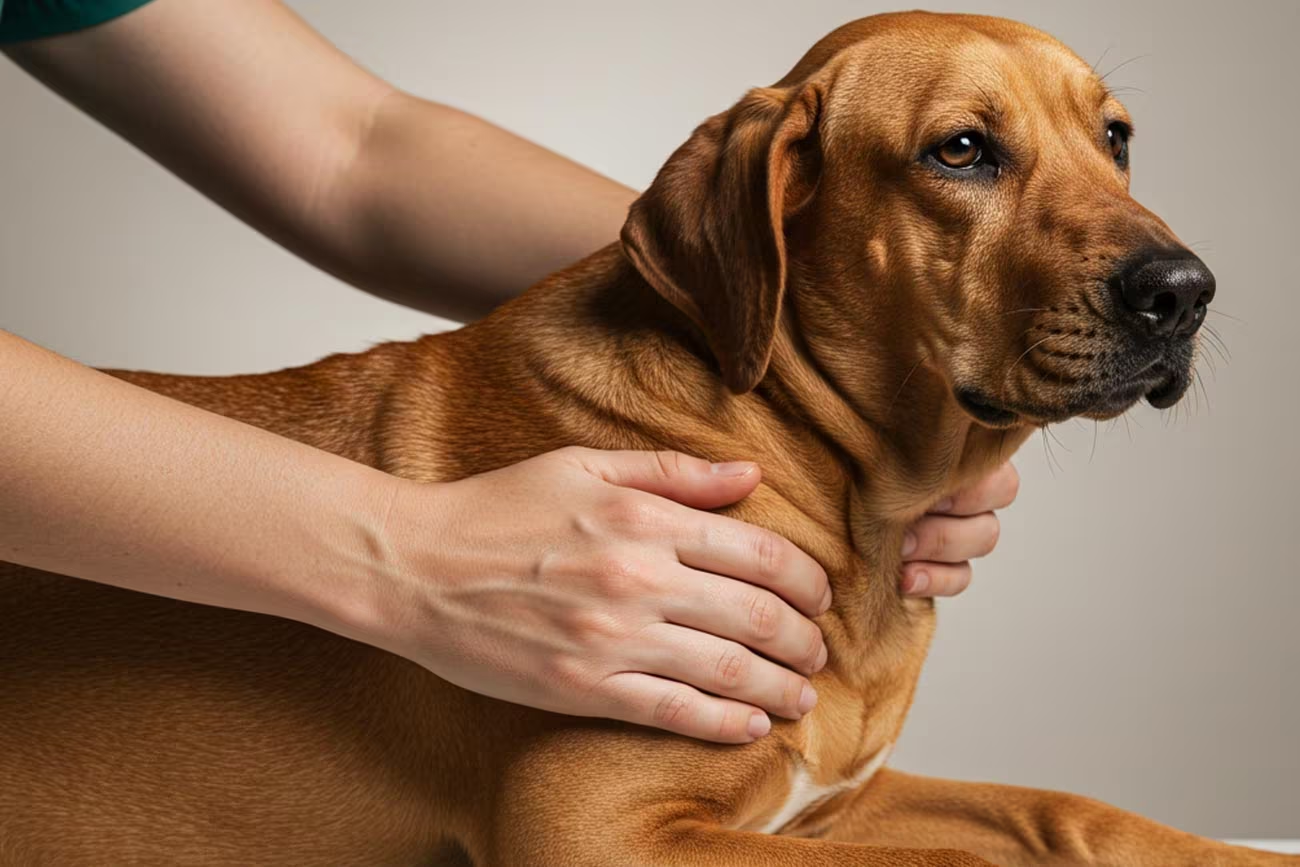
Poisoned Pet: Learn essential first aid to save your animal
One afternoon, during a walk around the neighborhood, Marcos noticed his dog Thor began showing signs of discomfort after eating something off the ground. Panic set in as he tried to figure out how to help his loyal friend. Situations like this remind us of the importance of knowing pet first aid. If you’ve ever wondered what to do if your pet ingests something toxic, this article was made especially for you. Don’t wait for an emergency to prepare! Read to the end and discover how to act quickly and safely.
Pet First Aid
Understanding Poisoning Risks
Why pets are so vulnerable:
- Natural curiosity: Dogs and cats habitually explore their environment with their mouths and noses, making them susceptible to ingesting dangerous substances.
- Access to outdoor environments: Chemicals, toxic plants, and medications may be within our pets’ reach without us realizing.
Main poisoning sources:
- Cleaning products: Many household products contain substances that can be highly toxic if ingested.
- Ornamental plants: Some common garden and house plants can cause severe poisoning.
- Inappropriate foods: Chocolate, grapes, onions and other foods are dangerous for dogs and cats.
- Human medications: Poorly stored medicines can be fatal to animals.
Prevention tips:
- Keep chemicals out of reach: Store cleaning items and medications in locked cabinets.
- Identify toxic plants: Research which species may pose risks and avoid keeping them at home.
- Supervise your pet: Especially in new environments or outdoors, always monitor your pet’s behavior.
First Aid for Suspected Poisoning
Immediate actions:
- Remove pet from danger area: Move them away from any toxic source to prevent further exposure.
- Identify the ingested substance: If possible, collect packaging or information about the product/plant.
- Don’t induce vomiting without guidance: In some cases, making them vomit may worsen the situation.
How to proceed:
- Assess the situation: Begin first aid by observing initial signs like vomiting, excessive drooling, lethargy or seizures.
- Keep a pet shop number handy: Save a veterinarian or pet shop contact in your phone, even if you’ve never used them before. This can be very helpful in emergencies, especially if located near your home.
- Call your vet: Explain the symptoms and provide as much information as possible about what may have been ingested.
- Follow instructions: The professional can advise whether immediate veterinary hospitalization is needed.
Practical example:
If your pet ingested a chemical product, the first step in first aid is to stay calm. Take your pet to a veterinary clinic and if possible, bring the product packaging to assist with diagnosis and treatment. This quick action could be decisive for the animal’s survival.
Main Poisoning Symptoms
During first aid, watch for these symptoms:
- Vomiting and diarrhea: May indicate the body is trying to eliminate the toxin.
- Lethargy and weakness: Signs the system is compromised.
- Seizures or tremors: Severe symptoms requiring immediate intervention.
- Breathing difficulties: May signal the toxin is affecting the central nervous system.
- Excessive drooling and pale gums: Indicators the body is reacting abnormally to the ingested substance.
Importance of recognition:
The sooner first aid is administered, the better the chances of successful treatment. Many toxins have a critical intervention window, and early detection can prevent permanent damage or even loss of your pet’s life.
Tips for owners:
- Stay calm: When administering first aid, don’t let anxiety cloud your judgment. Take deep breaths and follow veterinary instructions.
- Document symptoms: Recording symptom progression helps professionals understand the poisoning’s severity and progression.
- Act quickly: If symptoms worsen, don’t hesitate to seek emergency help.

First Aid While Awaiting Veterinary Care
Immediate steps:
- Keep pet in calm, safe environment: Reduce stimuli that may increase stress.
- Hydration: If conscious, offer small amounts of water unless vet advises otherwise.
- Don’t offer food or medication: Self-medication may worsen the situation. Follow professional advice.
- Contact the clinic: Call the veterinary clinic to report the situation and follow their instructions precisely.
Additional care:
- Collect samples if possible: Some vets may request samples of ingested material or vomit to aid diagnosis.
- Avoid unguided procedures: Some actions like forced vomiting should only be done under professional guidance.
- Maintain records: If your pet has had previous first aid incidents, inform the vet to help identify patterns or predispositions.
Practical example:
If your pet shows poisoning symptoms, administer first aid by placing them in a quiet space, avoid unnecessary handling, and prepare for quick transport to the nearest veterinary hospital. These measures can make a difference while awaiting definitive treatment.
The Importance of Post-Emergency Follow-up
Why follow-up matters:
After first aid for a poisoning incident, continuous monitoring is essential to ensure complete recovery and prevent long-term side effects.
Post-treatment expectations:
- Follow-up tests: Lab work may be needed to assess recovery of affected organs.
- Diet and routine changes: Depending on the toxin, dietary adjustments and routine changes may be recommended to prevent relapse.
- Regular check-ups: Periodic vet visits to monitor progress and adjust treatment as needed.
Tips for owners:
- Follow all instructions: Even after initial treatment, strictly comply with veterinary recommendations.
- Stay calm and patient: Recovery may be gradual and each pet responds differently.
- Watch for relapse signs: Immediately report any behavioral changes or recurring symptoms.
Remember that…
Prevention and knowledge are your best allies for pet safety and health. Knowing how to recognize poisoning signs and act quickly with first aid can save lives. Never underestimate the importance of emergency preparedness – being informed could mean the difference between quick recovery and serious complications.
Share this article with other pet owners, save these tips, and stay updated on pet first aid to protect your furry friend. Leave comments sharing experiences or questions, and help build a community of increasingly informed and attentive pet owners!



